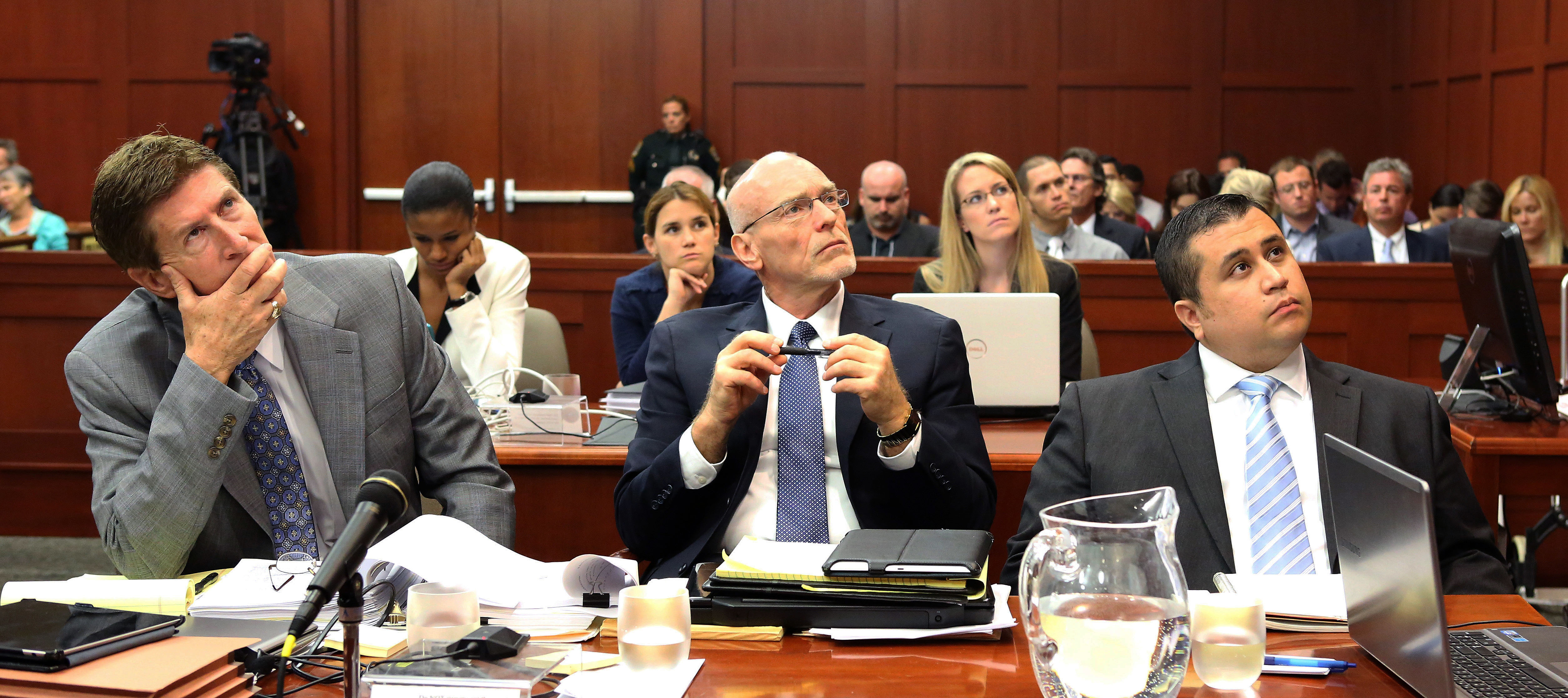Thousands streamed into Fort Mellon Park, hard against the south shore of Lake Monroe, on that night in March 2012. An unarmed African-American teenager in a "hoodie" sweatshirt had been killed the month before in this central Florida city, but the agitated crowd felt echoes of another era. "Trayvon Martin is Emmett Till!" the radio commentator, Mark Thompson, declared, evoking the name of an African-American teen murdered in 1950s Mississippi after being accused of flirting with a white woman. "This is racism perpetrated by violence."
An uncomfortable national conversation about race and justice had been touched off — in Sanford, Florida, at a "Million Hoodie March" in New York and when President Barack Obama called for "soul-searching" and said if he had a son "he'd look like Trayvon."
Yet, 16 months later, this case that was so entwined with race has produced a murder trial in which race is a subtext rather than a central theme.

















With your current subscription plan you can comment on stories. However, before writing your first comment, please create a display name in the Profile section of your subscriber account page.